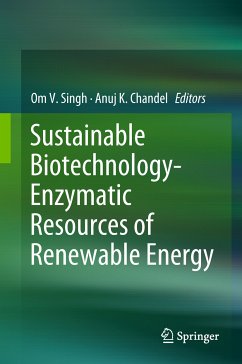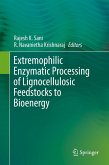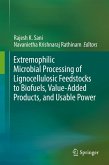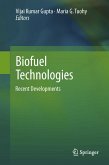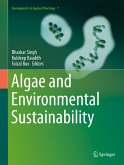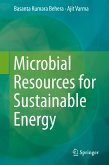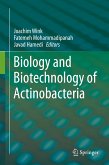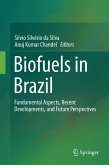Nature offers abundant renewable resources that can be used to partially replace fossil fuels and commodity chemicals but issues of cost, technology readiness levels, and compatibility with existing distribution networks remain huge challenges. Cellulosic ethanol and biodiesel are the most immediately obvious target fuels, with hydrogen, methane and butanol as other potentially viable products. This book continues to bridge the technology gap and focus on critical aspects of lignocellulosic biomolecules and the respective mechanisms regulating their bioconversion to liquid fuels into energy and value-added products of industrial significance. This book is a collection of reviews elucidating several broad-ranging areas of progress and challenges in the utilization of sustainable resources of renewable energy, especially in biofuels. This book comes just at a time when government and industries are accelerating their efforts in the exploration of alternative energy resources, with expectations of the establishment of long-term sustainable alternatives to petroleum-based liquid fuels. Apart from liquid fuel this book also emphasizes the use of sustainable resources for value-added products, which may help in revitalizing the biotechnology industry at a broader scale. This book also provides a comprehensive review of basic literature and advance research methodologies to graduate students studying environmental microbiology, chemical engineering, bio-economy and microbial biotechnology.
Dieser Download kann aus rechtlichen Gründen nur mit Rechnungsadresse in A, B, BG, CY, CZ, D, DK, EW, E, FIN, F, GR, HR, H, IRL, I, LT, L, LR, M, NL, PL, P, R, S, SLO, SK ausgeliefert werden.

